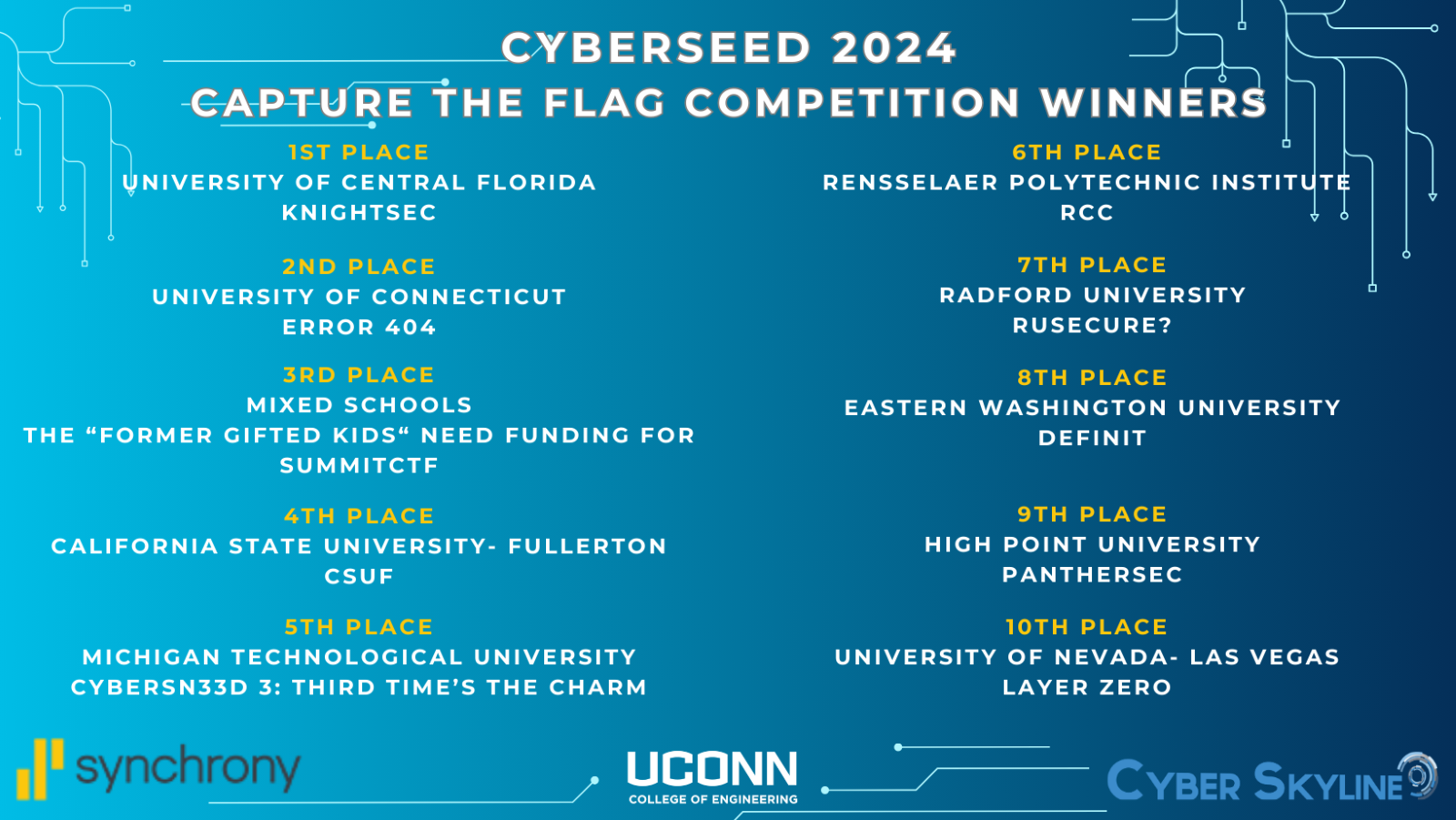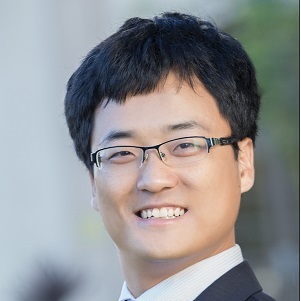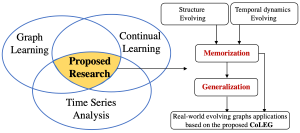Congratulations Dongjin Song on receiving the prestigious National Science Foundation (NSF) CAREER Award to support his research project titled "CAREER: Towards Continual Learning on Evolving Graphs: from Memorization to Generalization". This project will develop a generic machine learning paradigm, Continual Learning on Evolving Graphs (CoLEG), to resolve the catastrophic forgetting problem by retaining essential structural information and temporal dynamics, ensure the generalization capability, and address real-world applications on evolving graphs. Specifically, he not only plans to tackle the catastrophic forgetting issue in structural evolving graphs via graph sparsification and topology-aware embedding, but also aims to develop new algorithms to incorporate structural and temporal dynamic patterns of evolving graphs under different regimes, resolve the task-free challenge, and reveal high-order dependencies. He will also develop novel solutions to pursue and imp pre-trained models and facilitate test-of-time adaptation to ensure the generalization over unforeseen scenarios.
Dongjin Song has been an assistant professor in the School of Computing, University of Connecticut since Fall 2020. He was previously a research staff member at NEC Labs America in Princeton, NJ. He received his Ph.D. degree in the ECE Department from the University of California San Diego (UCSD) in 2016. His research interests include machine learning, data science, deep learning, and related applications for time series data analysis and graph representation learning. Papers describing his research have been published at top-tier data science and artificial intelligence conferences, such as NeurIPS, ICML, KDD, ICDM, SDM, AAAI, IJCAI, ICLR, CVPR, ICCV, etc. He is an Associate Editor for Neurocomputing and has served as Senior PC for AAAI, IJCAI, and CIKM. He received the prestigious NSF CAREER award in 2024 and the UConn Research Excellence Research (REP) Award in 2021. He has co-organized the AI for Time Series (AI4TS) Workshop at IJCAI, AAAI, ICDM, SDM, and MiLeTS workshops at KDD.
Abstract: In the modern big data era, data often grows continuously and its interconnections and temporal dynamics evolve. To cope with the continuous evolution in data, an intelligent agent needs to incrementally acquire, perceive, accumulate, and exploit structural and temporal dynamic knowledge throughout its lifetime. This project aims to develop a generic machine learning paradigm to conduct Continual Learning on Evolving Graphs (CoLEG). The success of this project will 1) benefit critical infrastructure (such as social networks, transportation, and renewable energy) and human welfare (in the form of, for example, improvements in healthcare and epidemiology), 2) provide an ideal platform for composing the areas of graph representation learning, time series analysis, continual learning, and causal analysis, and 3) develop open-source tools for evolving graphs that can advance diverse topics such as node classification, link prediction, and temporal forecasting, improve our knowledge of the physical world, and contribute to real-world applications. This project will also 1) engage high school students in research and outreach to K-12 teachers and students, 2) broaden the participation of underrepresented groups especially female and low-income students in STEM, and 3) educate undergraduate and graduate students through the development of new course modules in data mining and machine learning.



